Oceanía/Nueva Zelanda/05 de Agosto de 2016/Fuente: The Conversation
RESUMEN: Los políticos son aficionados frente a la idea de que la educación saca a la gente de la pobreza y beneficia a la sociedad en su conjunto. Pero, ¿cómo pueden los gobiernos traducir esa idea en la política que se da a los contribuyentes el mejor provecho por su dinero? La respuesta, por lo que pensamos, consiste en mejorar las oportunidades educativas de los niños procedentes de entornos desfavorecidos – y el enfoque debería comenzar en el preescolar. También necesitamos mejores formas de saber lo que funciona; necesitamos, la investigación más independiente basada en la evidencia para evaluar el impacto de las políticas educativas. En las últimas décadas la desigualdad de ingresos ha aumentado de manera constante en la mayor parte del mundo desarrollado y Nueva Gales del Sur no es diferente. Y la desigualdad de ingresos puede alimentar la desigualdad en las oportunidades más amplias en la vida. El entorno familiar es también un determinante muy fuerte del logro educativo en Australia. Como prueba de ello, hay que echar un vistazo a la medida Programa de Evaluación Internacional de Estudiantes – una encuesta trienal internacional que tiene como objetivo evaluar los sistemas educativos mediante pruebas de las habilidades y conocimientos de los alumnos de 15 años de edad. Esa medida revela una brecha sustancial en las puntuaciones entre los niños de bajo nivel socio-económico y las familias de estatus socioeconómico más alto.
Politicians are fond of paying lip service to the idea that education lifts people out of poverty and benefits society as a whole. But how can governments translate that idea into policy that gives taxpayers the best bang for their buck?
The answer, we think, lies in improving the educational opportunities of children from disadvantaged backgrounds – and the focus should start in pre-school. We also need better ways of knowing what works; we need better independent, evidence-based research evaluating the impact of education policies.
It’s not just the fair thing to do; a large body of evidence also suggests this strategy could deliver better economic returns on investment for NSW and Australia.
We have a problem
Over recent decades income inequality has been steadily increasing in most of the developed world and NSW is no different. And income inequality can fuel inequality in broader opportunities in life.
Family background is also a very strong determinant of educational attainment in Australia. For proof, take a look at the Programme for International Student Assessment measure – a triennial international survey which aims to evaluate education systems by testing the skills and knowledge of 15-year-old students. That measure reveals a substantial gap in scores between children from low socio-economic status and high socio-economic status families.
Recent research suggests that a child born into a well-off family can expect their educational attainment to be 30% or 40% higher than a child from a less well-off family.
Genes that are in common in parents and their children account for – in part – the poorer school performance of lower income households. But research in the field of behaviour genetics suggests that the effects of disadvantage remain after genetic factors are accounted for. These children may be underperforming due to socioeconomic constraints, behaviour problems, or something else. Whatever the mechanism, the unmet prospects are greatest among students performing poorly at school.
The magnitude of this effect is greater in countries with greater income inequality. For instance, Australia, England, Germany, Sweden and The Netherlands fare better than the US. In the US, the extent of unmet potential is even more pronounced at lower levels of school ability.
So the greatest potential to move students above and beyond their existing ability lies in delivering opportunities to students who are performing poorly at school. This emphasis will do the most to help achieve educational and wealth equality in NSW and Australia.
Tackling the problem early
What is the best way to improve opportunities for educational attainment among disadvantaged children? The current policy debate, and specifically the Gonski report, is focused on needs-based funding for primary and secondary schools.
That’s a no-brainer acknowledged by both major parties. The Coalition’s decision to withdraw the final two years (2017-18) of Gonski funding is motivated by concerns over mechanisms of delivery, rather than objections to the principle.
The poor performance arising from disadvantage is greatest in early childhood, so it makes sense to focus efforts on this age range where possible. Some existing policies are helping there, like the national agreement on Universal Access to Early Childhood Education of 2016-17. But more is needed.
Investing in cognitive and non-cognitive skills in early childhood lead to higher wages and productivity, reduced crime, fewer teenage pregnancies and improved health outcomes. And the earlier the intervention, the larger the returns from every dollar spent.
In the US, for instance, an early intervention program offering extra teaching support and home visits targeted to disadvantaged African-Americans showed a 7% to 10% per year return on investment based on increased schooling and wages. The program also reduced costs in remedial education, health and criminal justice.
The Australian context is different, of course, so it is important to use the best research methods for evaluating education policy in Australia.
Better evaluation for better outcomes
While in medicine, randomised experiments are the norm, social programs are hardly ever randomised in Australia.
The main argument against randomised experiments is that they are unfair on those in the control group, who are denied the benefit of a given program.
One counterargument is that it is unethical to spend scarce tax revenue on unproven programs – and there are ways to conduct experiments to test what policies work best without leaving some children at an overall disadvantage (like, for example, allowing the control group to complete the program after the experiment is over). Where evidence is not available “off-the-shelf”, we need to ensure we have the rigorous research in hand to know what is working and what’s not.
As some experts have flagged, Australia could make better use of what academics call “quasi-experimental research”. That means evaluating how a particular change might affect people over time, but without conducting a formal “experiment” (with all its constraints and limitations).
For example, while a formal experiment may use randomised controls, a quasi-experiment may look at how a particular policy change affects a certain group over time and compare it with another group that wasn’t affected by the policy change.
However, important progress is being made in developing better ways to assess education policies. In 2008, Australia-wide testing commenced for the National Assessment Plan; Literacy and Numeracy (NAPLAN), which is administered annually at grades 3, 5, 7 and 9.
And in 2009 the tri-annual Australian Early Development Census started, assessing a range of physical, social and cognitive abilities in pre-school aged children.
With better evidence in hand, policy makers, academics and NGOs will be better able to work towards more equitable education and wealth for the state of NSW.
Fuente: https://theconversation.com/reimagining-nsw-tackling-education-inequality-with-early-intervention-and-better-research-57483
Fuente de la imagen: http://www.formacionyestudios.com/como-conseguir-trabajo-en-nueva-zelanda.html
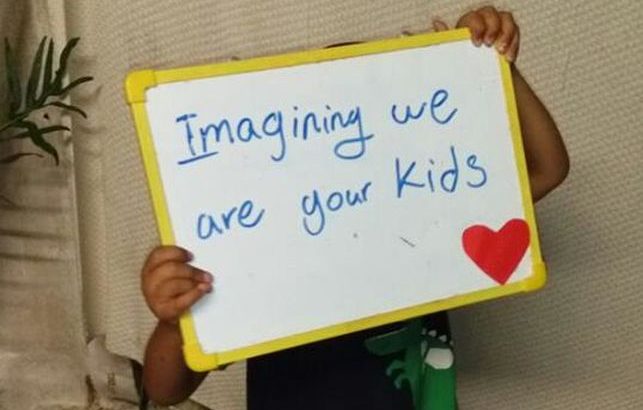
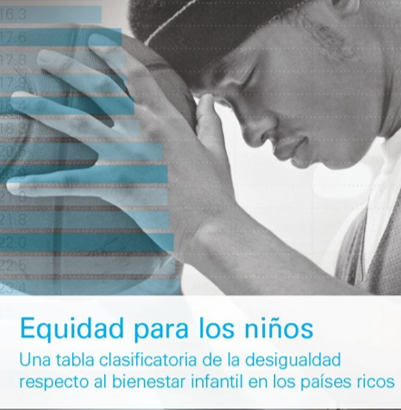
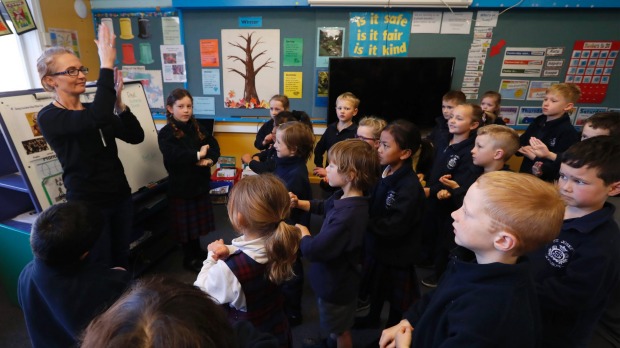
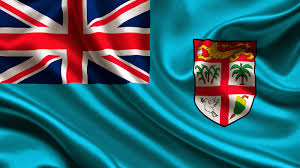
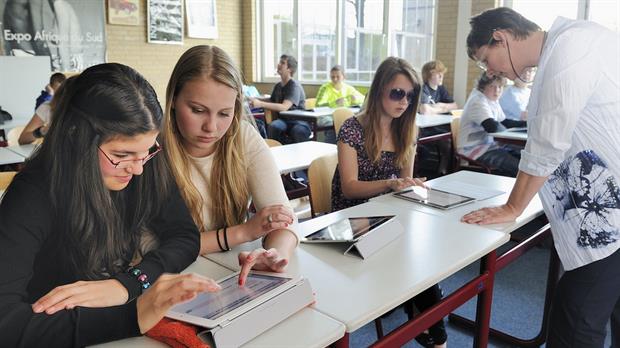
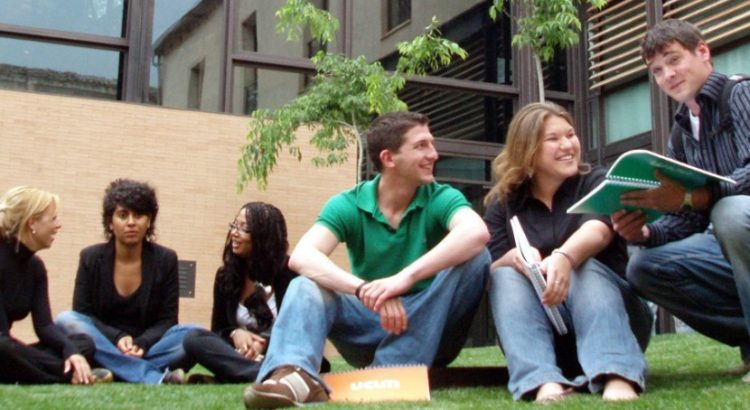







 Users Today : 30
Users Today : 30 Total Users : 35460293
Total Users : 35460293 Views Today : 40
Views Today : 40 Total views : 3419008
Total views : 3419008